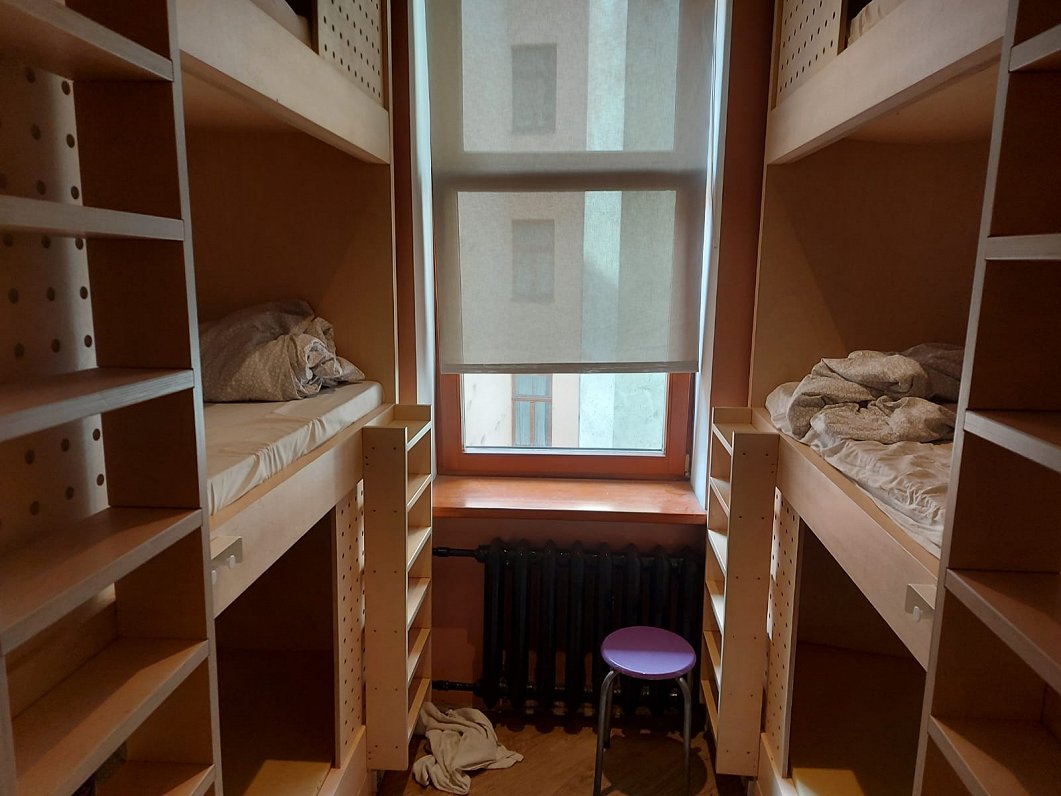As reported earlier by LSM, the illegal business had been frequently visited by police for various reasons, and fire safety checks in the establishment had not been carried out. State Police are continuing to raid other illegal accommodation sites and are investigating the cause of the fire. The current penalty system doesn't do enough to make landlords stop illegal activity, and authorities do not have the power to close them down.
"The municipal police have no legal instrument to close any institution except if it is a sales venue that does not respect Covid-19 restrictions. But if we find a fire safety infringement, we can notify the responsible authority," police representative Andrejs Aronovs explained.
The illegality of the business was also known to the Riga City Building Board, which has the right to close it. But it was difficult since there are no differences in law between an apartment and a hostel.
“It is not possible to identify the exact violation with a checkbox,” said Jānis Belkovskis, representative of the board.
“It would be important to reinforce in the regulatory enactments - where an apartment ends and a hostel starts because this is not a classic hotel. The second thing, why nothing was closed physically - to decide on a physical closure, [the hostel] must be identified and demonstrated as a threat to society. Under the circumstances, the building inspectors have no confidence that their decision will not be revoked. Because it's an apartment where people live,” Belkovskis said.
Meanwhile, the Construction State Control Office drew attention to the problem as a whole: premises are intended to be operated for one purpose, but in reality they are used for another, thereby endangering the safety of people.
In such cases, the owner may be required to cease operations, but the current penalty system does not encourage it, said Svetlana Mjakuškina, head of the office.
“The problem that is becoming clear in the case of Merķeļa Street - what to do if the decision [to close a business] is ignored? I call to think about additional rights for supervisory authorities to limit or disrupt the operation of an unsafe building,” said Mjakuškina.
Amendments are needed to both the Tourism and Construction Laws. "'We should not allow a repeat of such a tragedy simply because there are rules in law that prevent any service from performing the functions prescribed. It is an absurd situation,” said Committee Chair Ralfs Nemiro.
“As often happens in our country: one service looks at the other service – they should decide, no they should decide, no, it is them. In the end, no decision is taken and unauthorized, illegal activity is continuing and can even end in such a tragic way,“ said Prime Minister Krišjānis Kariņš.
The Prime Minister has also addressed and instructed ministers to make proposals to the government on what should be changed in regulatory enactments and procedures.





























